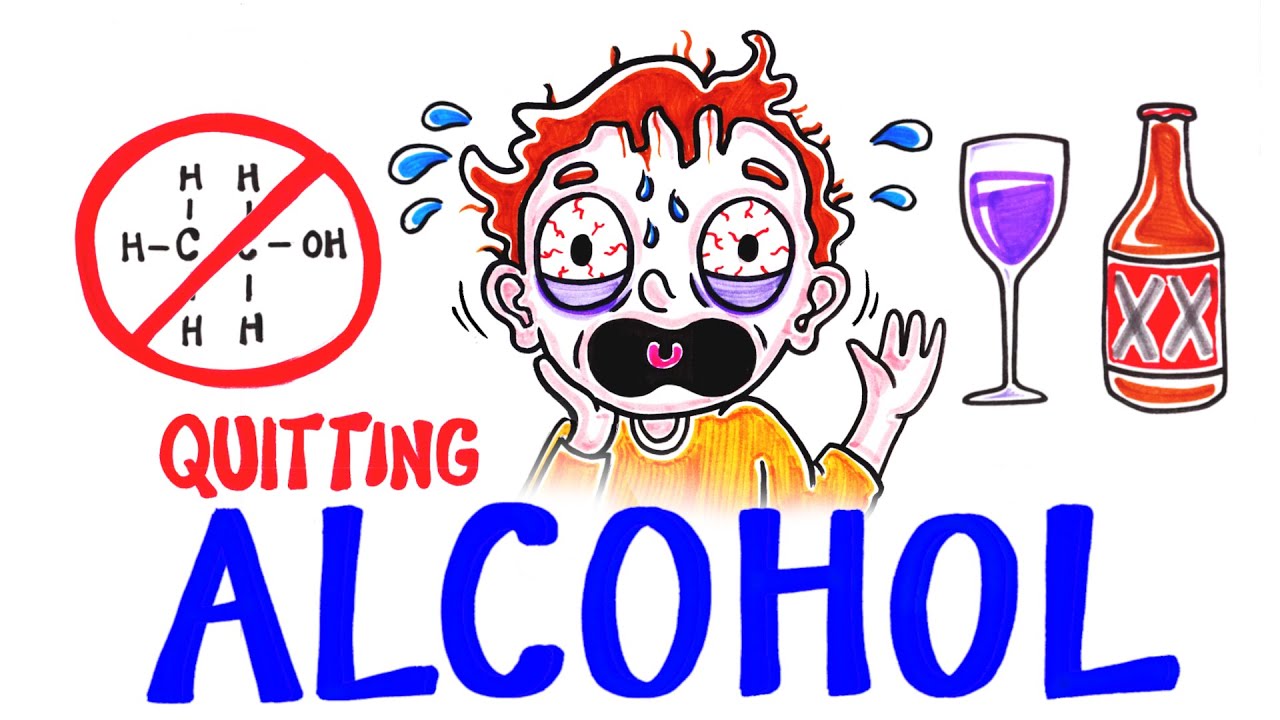
Description
Content
- Science-Backed Health Stories on Covid, Sleep, and More
- Why Is Transitional Care Important for Addiction Recovery?
- Nine Things I’ve Noticed In Eleven Months Of Sobriety
- How do you get rid of brain fog in different brain regions after drinking?
- How Do You Care for Yourself When a Loved One Has a Substance Use Disorder?
- Thinking Clearly, Fewer Cravings
- Tips for Dealing With Anger When You’re Sober
Doctors take MRI scans to see how well the frontal lobe and other regions of the brain are healing and medical support is given at the treatment center or facility to attend to alcohol withdrawal symptoms. The brain has a remarkable ability to repair itself, but it takes time. How long it takes for your mind to recover after over-consumption of alcohol depends on the severity of the damage done. The more intense or frequent the alcoholic blackouts are, the longer it will take your brain’s neurotransmitters to return to normal activity levels. Generally, though, it may take up to two weeks for the brain’s chemistry to return to normal after experiencing extended periods of alcoholic blackout. Many people drink too much too often, putting them at risk for alcohol-related illnesses.
Whenever you get that rush of pride after accomplishing something, dopamine is probably surging in your brain. In fact, it’s there after you do anything that makes you feel rewarded, like earning money, eating good food, or having sex. Alcohol’s adverse effects on the brain’s pleasure and decision-making systems are two of the most important causes of relapse in alcoholics.
Science-Backed Health Stories on Covid, Sleep, and More
“The whites of my eyes are white again, my urine is starting to look normal, and my bowel movements are getting normal. My energy level and mental alertness are way up, and it’s only getting better.” “My worst withdrawal symptom is that my brain does not seem to work very well. Lots of spelling errors and poor fine-motor skills. I will not even go into the insomnia.” “Starting to feel a little better. If I had the money, I would have gone to a 30-day rehab. I am still having shakes now and again. My head is in a fog constantly.”
- Sadly, there is no significant recovery timeline for several brain functions – semantic memory, visual-spatial skills, sustained focus, multi-tasking ability, and planning skills.
- We can also help you assess your risk, and refer you to safe medical detox as needed.
- If they relapse, they can always return to inpatient care or try a new sobriety strategy out.
For over 20 years Dr. Umhau was a senior clinical investigator at the National Institute on Alcohol Abuse and Alcoholism of the National Institutes of Health (NIH). Call today to get started on your journey or if you have any questions. Aerobic exercise is any type of activity that gets your heart rate up and makes you breathe more heavily.
Why Is Transitional Care Important for Addiction Recovery?
Substance misuse can cause a buildup of toxins that drain and exhaust the body. Your mind is craving more of the substance, which can cause a mental strain without support. Alcohol is a popular substance, especially in polydrug use such as cocaine and benzodiazepines. If left untreated, alcohol dependence can transition into an alcohol use disorder. The health concerns of an alcohol use disorder are usually enough to cause someone to embrace moderation.

Even a relatively modest sleep deficit can significantly affect your cognition, impairing your concentration, working memory, recall, planning, and self-control. Most studies suggest that we need at least seven hours of sleep a night to function optimally and for many people, even seven hours will be too little. However, a 2018 study published in The Lancet suggests that there is no safe level of alcohol consumption. Even low levels of consumption can harm your health; higher levels of consumption have worse effects.
Nine Things I’ve Noticed In Eleven Months Of Sobriety
Getting rid of brain fog after drinking alcohol can help you focus on recovery. Alcohol’s most severe long-term consequences are brain damage and nerve cell death. Unlike in other parts of the body, some nerve cells (particularly those in the frontal cortex and cerebellum) are not replaced once destroyed.

However, patients who experience these symptoms need to have their blood sugar levels checked. This is because those with hypoglycemia might find themselves experiencing similar symptoms. They may also need to have their blood pressure levels checked as well. New Horizon can help patients control the vomiting if they are suffering from hypoglycemia or dehydration by counseling them on the important body fluids to take. When someone stops drinking, their body may respond by having increased levels of stress hormones like cortisol. This causes the body to go into a state of hyperactivity as well as increased sensitivity.
How do you get rid of brain fog in different brain regions after drinking?
This can cause sweating, which also brings with it other symptoms such as nausea and vomiting. Drinking heavily can also impair your cognition by affecting your diet and vitamin absorption. https://ecosoberhouse.com/ Some alcoholics become deficient in an enzyme that prevents them from metabolizing vitamin B1 (thiamine), or they simply don’t eat a nutrient-rich diet, causing malnutrition.
How do you stop brain fog after drinking?
Focus on rehydrating your cells, especially if you're struggling with brain fog. If you are prone to hangovers or are have drunk drinks with high congener content such as whiskey, tequila and cognac, try having a glass of water in between the drinks," says Seharawat.
These daily cognitive needs and memory are so sensitive to alcohol – just imagine party binge drinkers in movies; when they have too much they can’t even remember the night before. A little too much is going to have an impact on your average workday, too. Old memories — some which have been buried deep in the dark corners of my mind — are reappearing, needing exploration. I feel as though my brain is finally starting to come back online after such a long period. Just when I was beginning to think it wasn’t going to improve, I seem to have turned a corner. In certain regions, the alcohol dependence recovery period may be pretty short.
The brain’s ability to repair itself swiftly after stopping drinking has been demonstrated in studies into the effects of alcohol on the brain. According to research, when chronic alcohol consumers stop drinking, grey matter shrinkage in the brain begins to reverse within two weeks. There are many different factors that can affect the severity of alcohol withdrawal. For example, the frequency, duration, and the amount of alcohol consumed when drinking can all play a role in the severity of withdrawal symptoms.
So naturally, sustained periods of heavy drinking make them go a bit berserk. Heavy drinkers are also at risk of impaired intellectual functioning and diminished brain size. Anxiety can affect someone’s mood by causing them to feel irritable or frustrated. A therapist can help identify what causes this anxiety and then work with patients to come up with ways to manage their feelings of anxiety.
Long-term drinking affects the functions of the brain that control inhibitions, decision-making, problem-solving, and judgment. It is important to remember that your body is going through a lot when you first stop drinking alcohol. The brain is so good at adjusting to changes regarding what you put into your body that it figures out how to function alcohol brain fog during times when you are drinking heavily. Once you take away the chemical reactions that alcohol causes, your brain has to refigure out how to work normally again. Brain fog during the initial stages of withdrawal is often just your brain trying to figure out how it used to function before it was flooded with alcohol on a regular basis.


